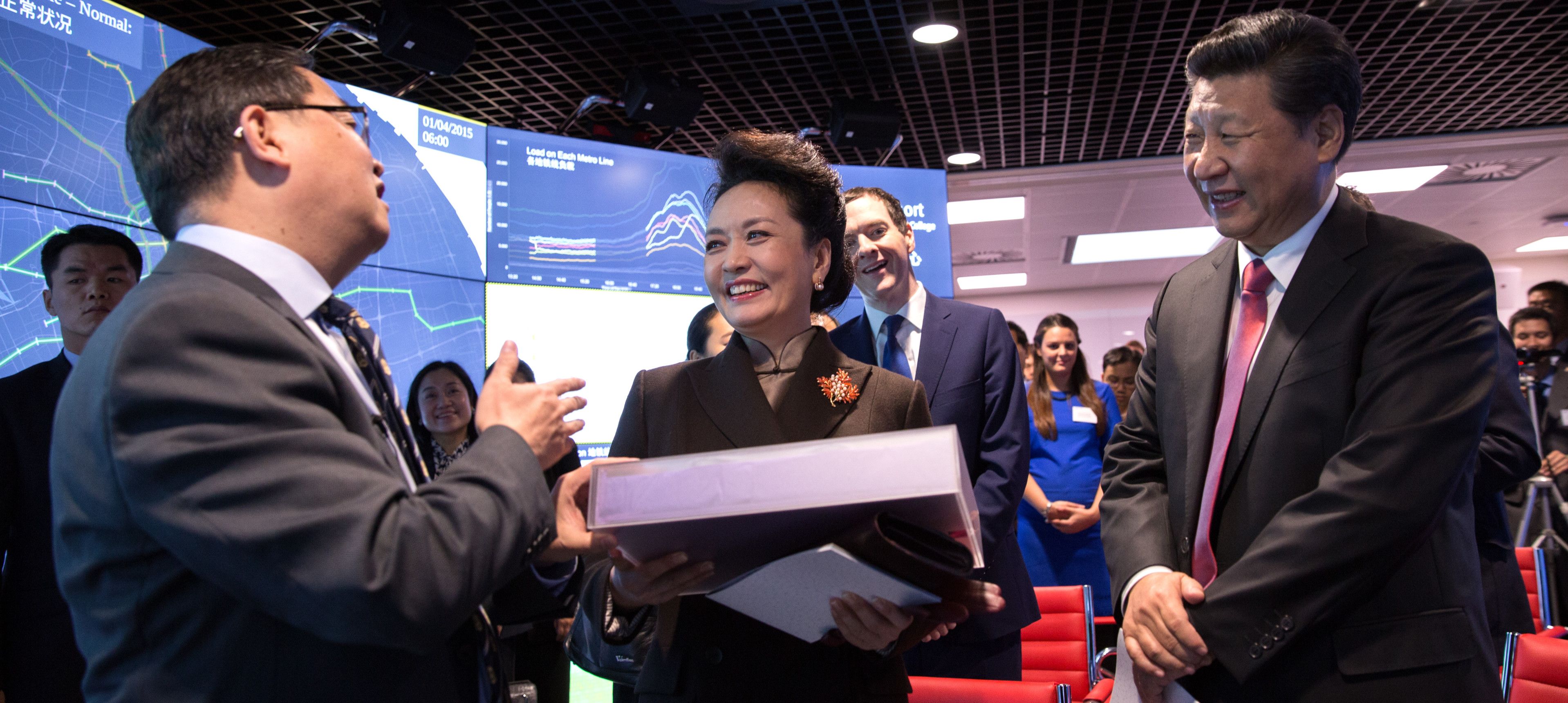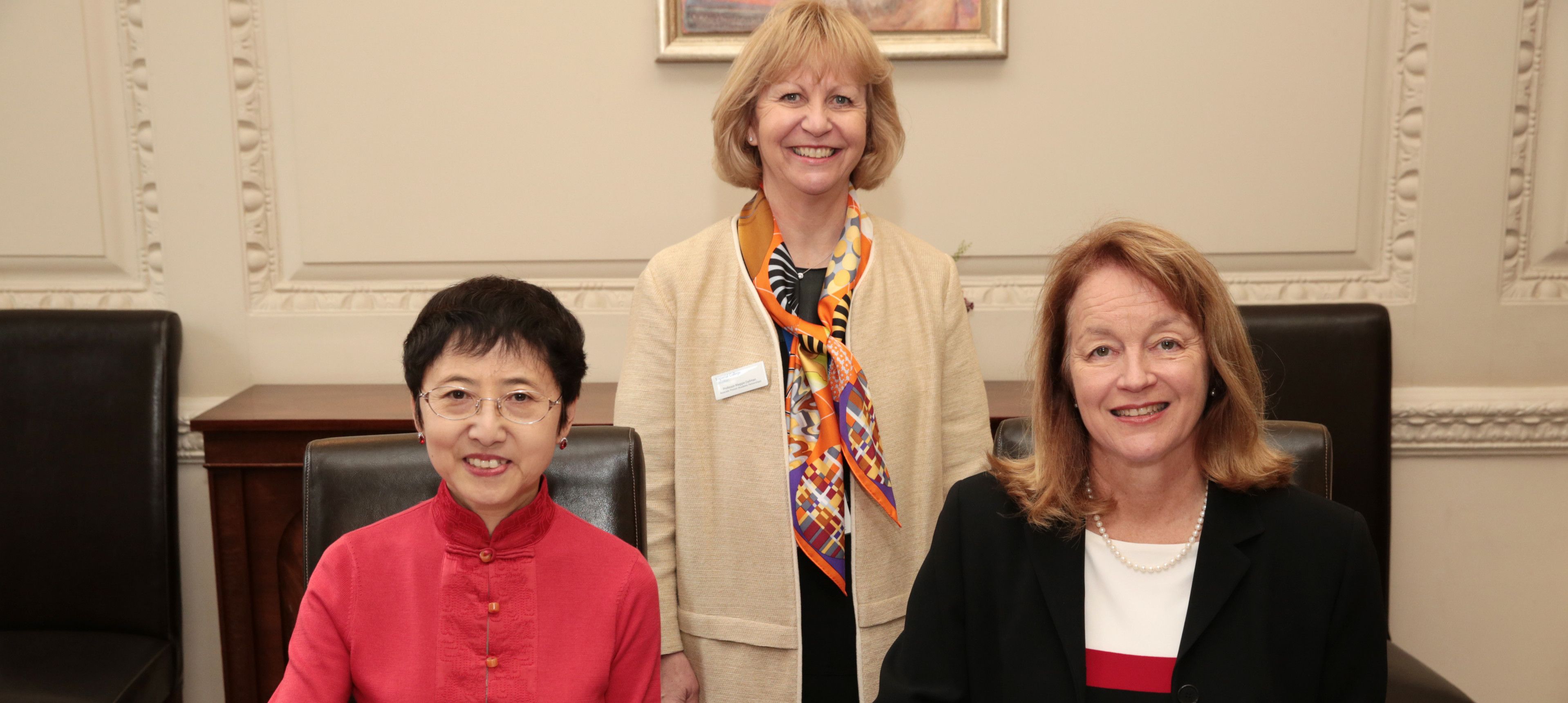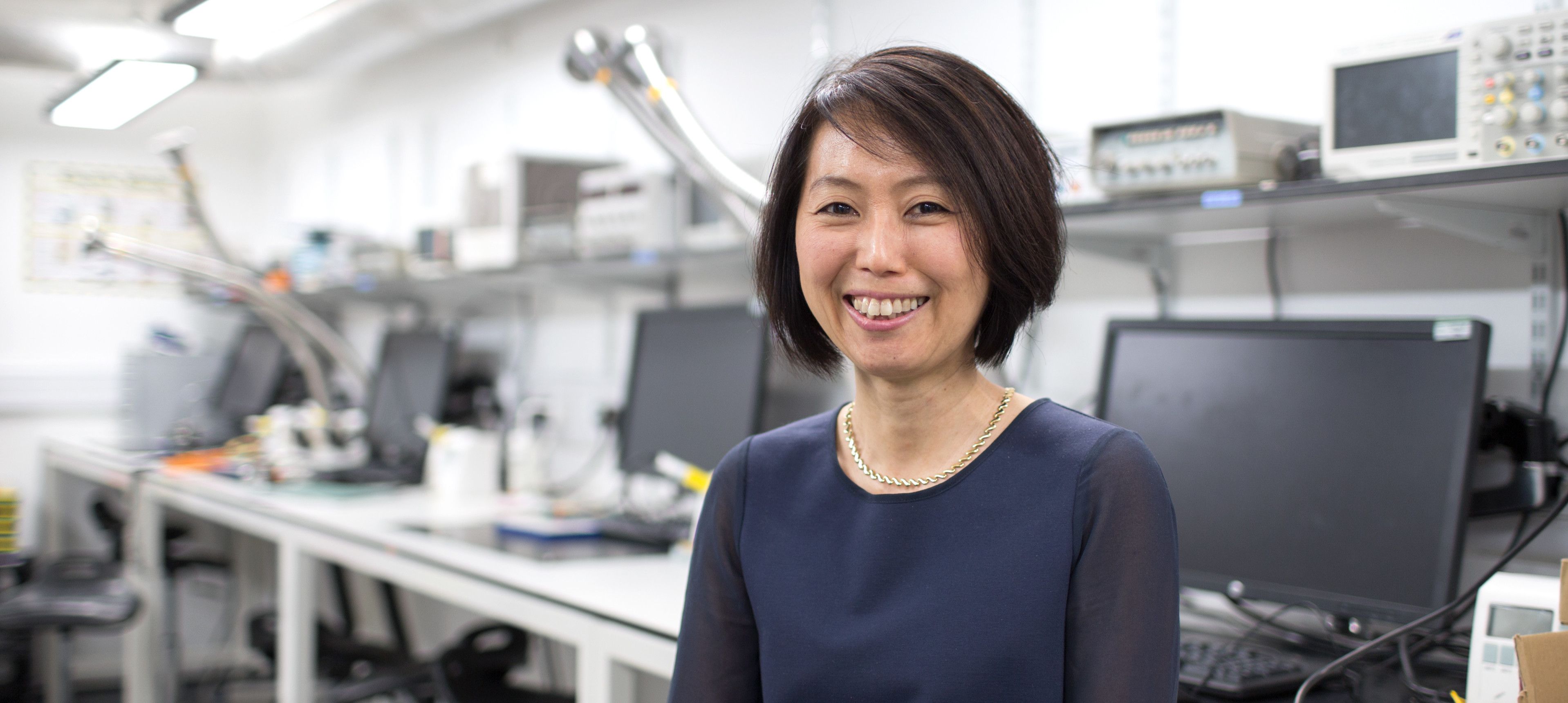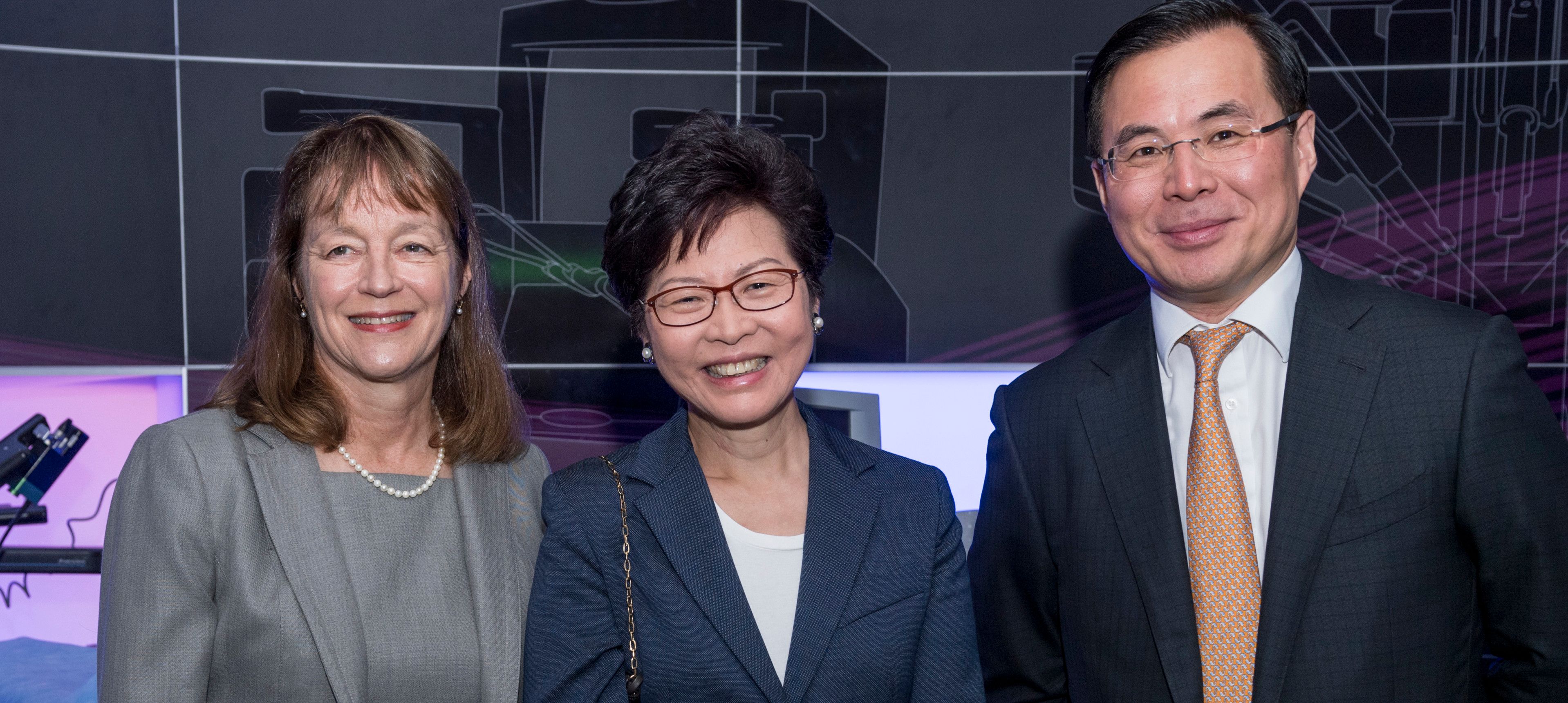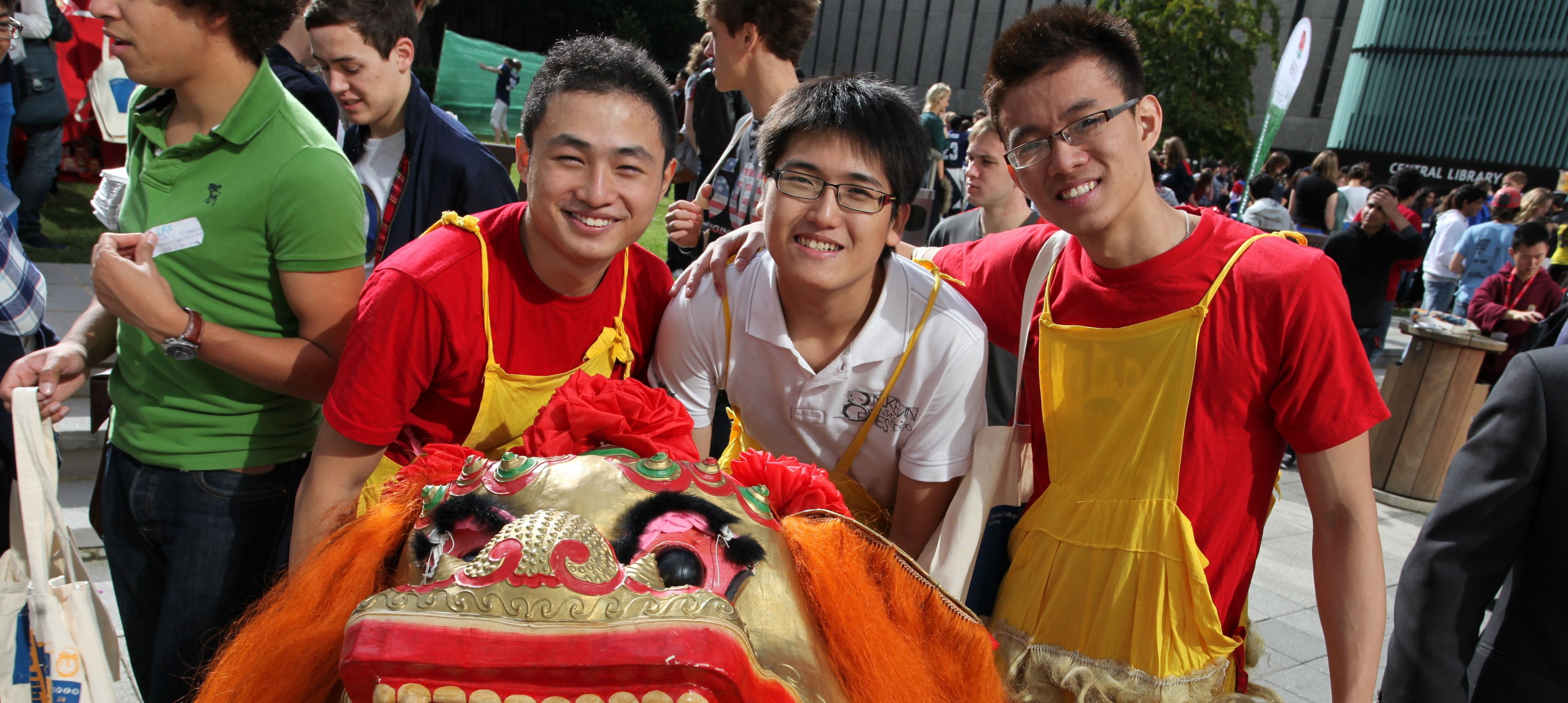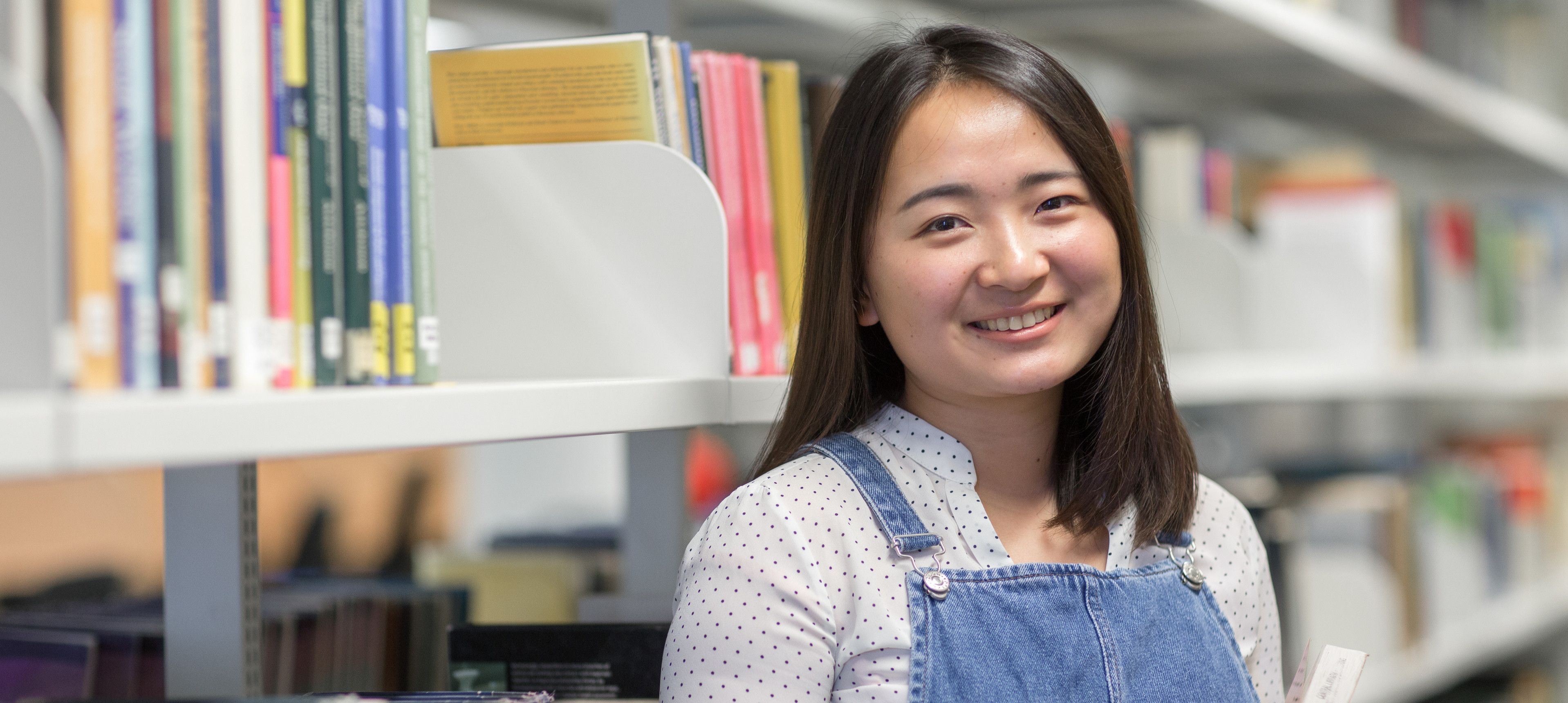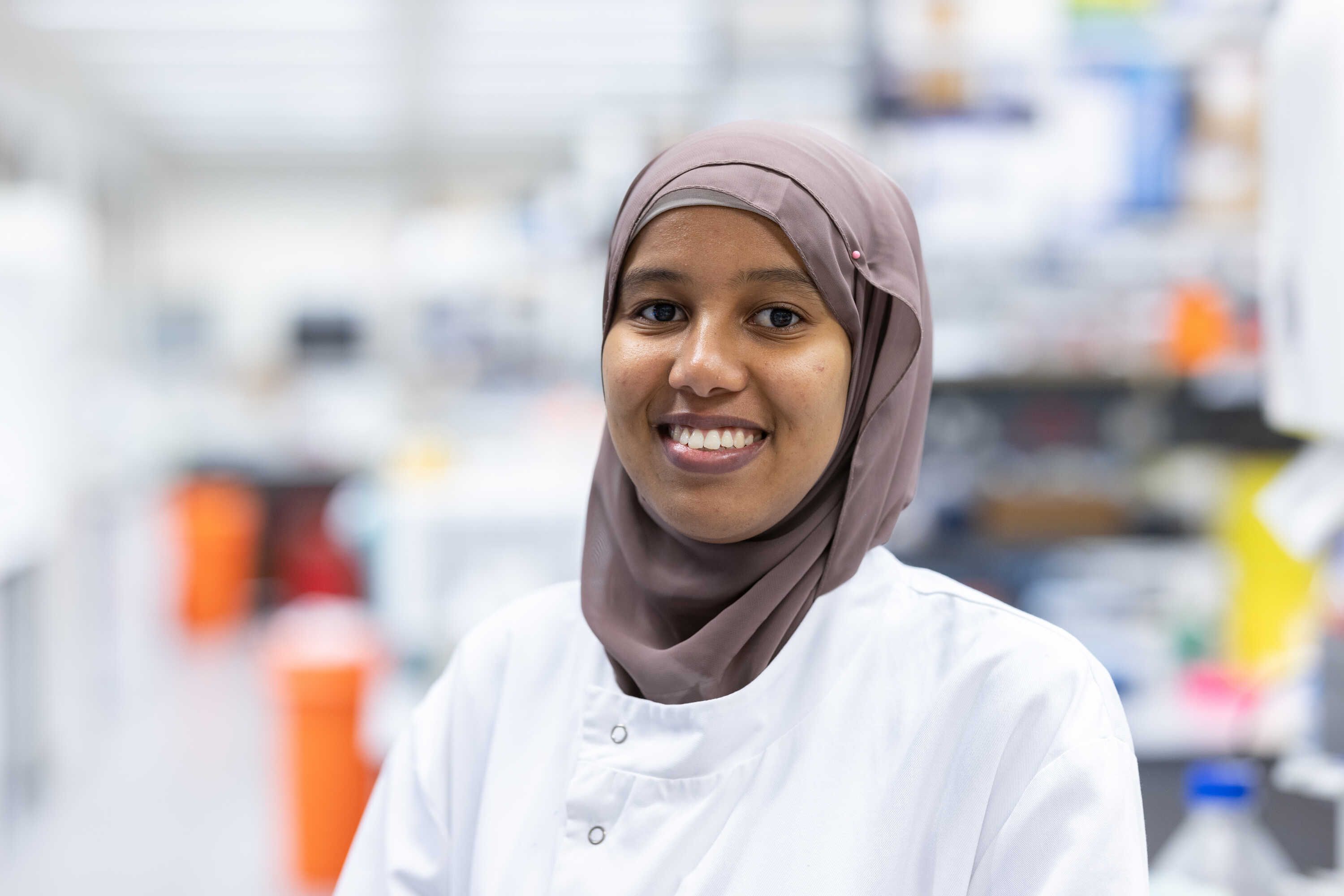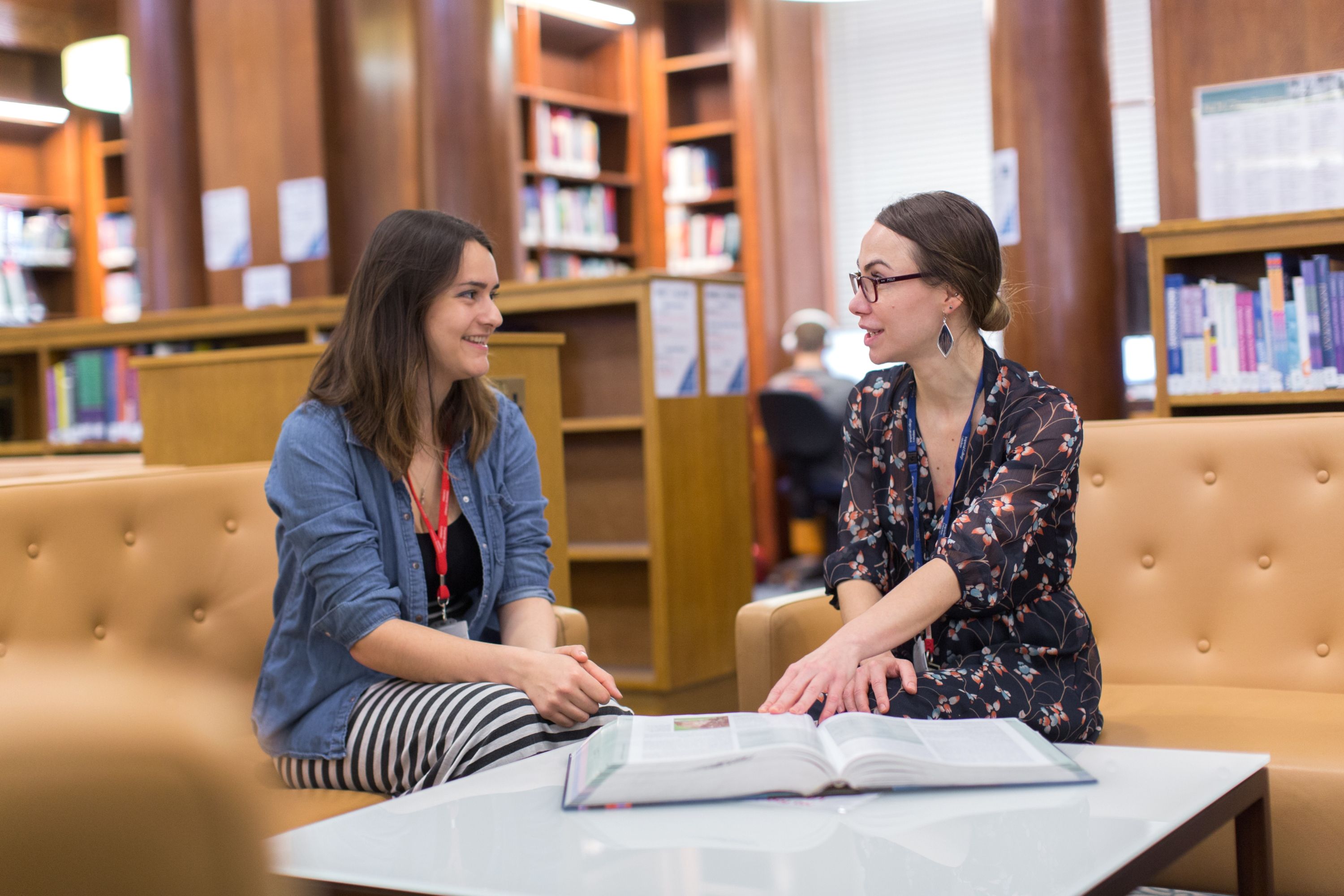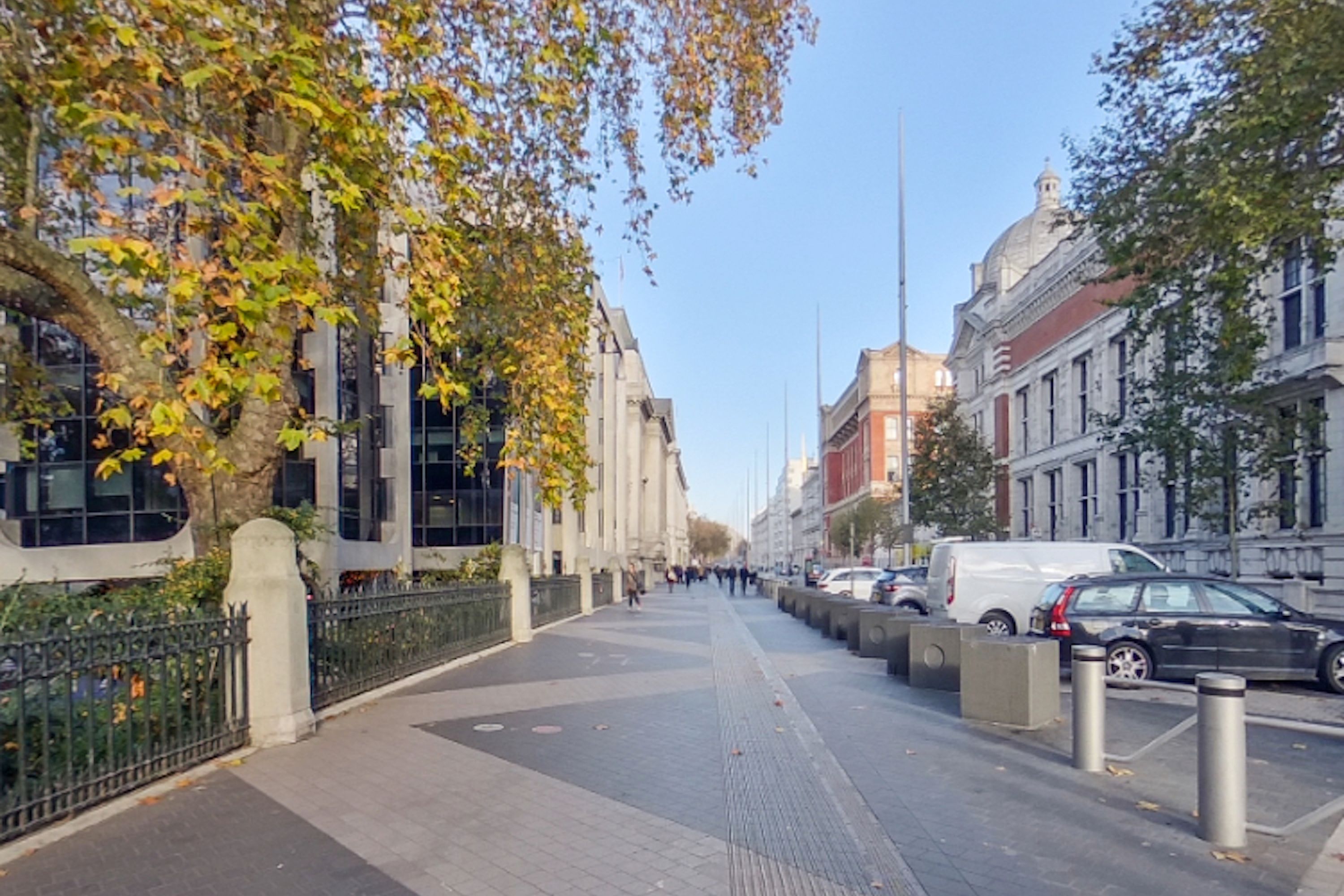Information for East Asian students
- Imperial and East Asia
- How to apply (undergraduate)
- How to apply (postgraduate)
- Scholarships and loans
- Student activities
- Life after Imperial
As a student in London, you'll be welcomed into a city where over 300 languages are spoken and where over 100,000 students from 200 countries come to study each year.
Imperial is ranked as one of the UK's most international universities and located in the heart of the Best Student City in the World. Each year we welcome students from over 100 countries.
East Asian nations currently represented at Imperial include: China, including Hong Kong, Macau; Taiwan; Japan and South Korea.
In addition, the College is very active in the East Asia region, with several key institutional partners particularly in China and South Korea.
"Studying at Imperial immerses you in the vibrant atmosphere in South Kensington, right in the epicentre of London. When I arrived here I quickly settled in and found it easy to become part of the College community. I have loved my time here so far and working as a President’s Ambassador have been lucky enough to get involved in some of the public events that the College organises throughout the year, which has made it even easier for me to make new friends outside my Department."
Vanessa Ho (Hong Kong), BSc Chemistry
An undergraduate degree at Imperial normally lasts three years for a Bachelor’s level qualification or four years for an integrated Master’s.
Some departments offer a year abroad or a year in industry which can add to the overall length of your degree.
Apply via UCAS
To apply for a full-time undergraduate programme at Imperial, you must make an online application via the Universities and Colleges Admissions Service – UCAS. The UCAS code for Imperial College London is I50.
UCAS allows you to apply to a maximum of five courses in one cycle. Find step-by-step instructions on how to apply; you can also visit the UCAS website for more in-depth advice.
Academic entry requirements
Exact entry requirements vary by course - see the entry requirements section on our course pages for details of the range of international qualifications we accept.
If your school qualification is not on the list of accepted qualifications, you may be considered by taking an accepted Foundation programme, or an accepted qualification at an external provider - see our course pages for details.
Subject requirements
All departments expect you to pass required subjects, normally with an A* or A at A-level or an overall grade of 7 or 6 at Higher Level of the IB or grade 5–5* in HKDSE (or equivalent). Successful applicants would have studied the right combination of the relevant subjects in their qualifications.
The subject and grade requirements for each course are published on our course pages. Our subject requirements are defined as follows:
- Required subjects: specific subjects we will expect you to have studied; we will also require to achieve certain grades in these subjects – the grades we expect you to achieve vary by course.
- Recommended subjects: subjects that are not required by the Department and will not affect admissions decisions, but they can provide useful preparation for the course.
You can submit your results after you have applied; this is usual practice in the UK and is the reason why you must specify clearly which exams you are due to take on your UCAS application.
Qualifications that are not accepted for entry
Please note that we do not consider the following qualifications sufficient for entry to any of our degrees at Imperial, but you may be considered by taking an accepted Foundation programme, or an accepted qualification at an external provider:
- Chinese National College Entrance Exam (普通高等学校招生全国统一考试 / 高考)
- Japanese High School Diploma (高等卒業証書 / そつぎょうしょうしょ)
- Korean High School Diploma (고등학교 졸업장 / 고등학교 과정 수료증) or High School Graduation Equivalency Examination
- Taiwan Senior High School Graduation Certificate (台湾高級中等學校畢業證書)
English language requirements
All applicants should also achieve the required level of English language and provide evidence of a valid English language qualification to qualify for a place.
Please note that there are two levels of English language requirement at Imperial:
- Standard
- Higher
See the English language requirement on the relevant course page to see whether your chosen course requires the standard or higher level. Our English language requirement page has more information about the requirements for each level.
You do not need to have reached the required level before you apply. We can assess your academic profile without your English language qualification. Should we decide to make an offer, we would give you a target grade to meet as part of your offer.
If you have studied one of our recognised English language qualifications as part of your High School studies (e.g. IGCSE English, HKDSE English, IB English etc.), you may be exempt from the need to provide additional evidence of your English language ability. Check our English language requirement page for full details.
English language proficiency tests should have been obtained within two years of the start date of your chosen course.
A Master's degree at Imperial normally lasts one year, though we do offer some degrees which you can take part-time over two years and PG Certificate and PG Diploma qualifications which vary in length.
A PhD with us will usually take 3–4 years of full-time study to complete.
How to apply
To apply for a Master's or Doctoral course, you need to submit an application via our online application system.
Find out more about how to apply for postgraduate taught or postgraduate doctoral study.
Academic entry requirements
Postgraduate study at Imperial is intense and intellectually demanding. Exact entry requirements vary per course, but to be considered for admission to a Master's e.g. MSc, MRes, MBA etc, you should hold a Bachelor's degree.
To check if your international qualification meets the College minimum requirement, please see our accepted qualifications.
Departments may also often set higher level requirements, due to the demanding and competitive nature of our courses.
For the vast majority of our degrees, we do not require additional testing such as the GRE or GMAT. If we do require any additional testing it will be clearly stated on the course page.
If you're applying for a Doctoral degree, you should hold a Master's degree – the grades you require will be specified by the Department you're applying to. In addition, you'll need to hold a Bachelor's degree passed at the prescribed level.
If we want to make you an offer, but you have not yet graduated, then we would usually make you a conditional offer subject to you achieving a certain grade or score. This means your place at Imperial is guaranteed providing you meet the conditions of your offer.
You can submit your overall average after you have made your application, which is normal practice in the UK.
English language requirements
Successful applicants will need to achieve a certain level of English to qualify for a place on their chosen course.
Each course specifies either a Standard or Higher language requirement, which is the level of English required for entry on to that particular course, even if English is your first language.
Full details can be found on the relevant course page and English language requirement page.
Re-applying
If you have previously applied to Imperial and were unsuccessful, you will need to submit a new application.
If you have successfully requested deferred entry, you do not need to complete a new application.
You can search all of our scholarships in one place.
Examples of scholarships for students from East Asia include:
Undergraduate students
- 2023/2024 ICAAHK Scholarship (residents of Hong Kong)
- Hong Kong Scholarship For Excellence Scheme (HKSES)
- Yanai Tadashi Foundation Scholarship (residents of Japan)
Master's students
Research students
- CSC Imperial Scholarships
- Lee Family Scholarship (residents of China and Hong Kong)
- President's PhD Scholarships
- Stephen and Anna Hui Fellowship (residents of China and Hong Kong)
If life at Imperial was all labs and lectures, we wouldn’t have around 350 clubs and societies to get involved with, and state-of-the-art sports facilities right on campus.
All of our clubs, societies and projects are open to all students, though below are some that you may find of particular interest.
And if there isn’t a society for the things you love yet, you can set one up!
All of our societies are open to all students, and can found here, but here are some you may find of particular interest:
- Chinese society
- Chinese Students and Scholars Association (CSSA)
- Japanese society
- Korean society
- K Pop society
- Pop of East Asia Society
- Shorinji Kempo
Virtual tour
To get a feel for life on our South Kensington Campus, take a virtual tour.
Your relationship with Imperial does not end when you graduate.
There are various options to remain in the UK and seek work after you have completed your studies. We can provide specific advice, guidance and assistance with the Graduate visa, which enables graduates to work in the UK for two years after completing an undergraduate or Master's degree, or three years after completing a PhD. We can also provide limited advice and guidance on the Skilled Worker, Global Talent, Tier 5 (Government Authorised Exchange) and Tier 5 (Youth Mobility Scheme) work visas.
Other graduates move abroad again, and as an Imperial alumnus you will join a community of over 250,000 alumni in over 200 countries.
We have alumni groups worldwide and you can join our online platform Imperial Plexus to help you build links with other former students. In East Asia, these include:
- Alumni Association of China (Beijing)
- Alumni Association of East China (Shanghai)
- Alumni Association of South China (Shenzhen)
- Alumni Association of Hong Kong
- South Kensington Kai, Japan
- Alumni Association of South Korea
- Alumni Association of Taiwan
Hear from an Imperial student

Adrian, MSc Environmental Technology (Hong Kong)
Hear from Adrian, an Environmental Technology student from Hong Kong.
Join MSc Environmental Technology student Adrian, who is from Hong Kong, on a tour of his studio at GradPad's Griffon Studios in Battersea. GradPad is a private accommodation provider for postgraduates in London, which many Imperial students call home.

Louie, MRes Bioinformatics (Hong Kong)
Hear from Louie, a Life Sciences student from Hong Kong.
A love of insects and passion for the environment landed postgraduate student Louie a very important job, Head Apiarist of the Environmental Society. Discover what Louie gets up to in the role and how being an active member of a society has shaped his Imperial experience.

Sohyeon, MSc Applied Machine Learning (South Korea)
Sohyeon is a Applied Machine Learning student at Imperial. She talks about her motivations for studying a postgraduate degree, her favourite aspects of the course and the friends she made along the way.
The MSc in Applied Machine Learning teaches students how to design, implement and evaluate machine learning systems.
The Department of Electrical and Electronic Engineering offer five specialist postgraduate courses that combine lectures, tutorials, and practical laboratories to cultivate advanced technical engineering skills.

Tianyi, MSc Control and Optimisation (China)
Tianyi studied the MSc in Control and Optimisation at Imperial. She shares her background prior to doing a Master's, her favourite aspects of the curriculum and aspirations for the future.
The MSc in Control and Optimisation focuses on aspects of control theory and optimisation and their application to the design of automated systems.
The Department of Electrical and Electronic Engineering offer five specialist postgraduate courses that combine lectures, tutorials, and practical laboratories to cultivate advanced technical engineering skills.

Tongyue, MSc Advanced Chemical Engineering (China)
Studying at Imperial helped Tongyue advance his technical and research skills, and increased his exposure of an international work environment. Outside of studying, he met lots of other students that he not only learned from, but formed friendships with, so they could enjoy life in London together.
Opportunities to meet us
East Asian recruitment events
Showing results for:
Got a question?
The Imperial representative for East Asia is Jake Ganymede, Senior International Recruitment Officer. Please use the link to the enquiry form below to get in touch.
International recruitment team
Ask me a question
/prod01/channel_3/media/migration/study/jake-g-portrait-tojpeg-1501841372752-x2_1607349609755_x4.jpg)
Ask me a question
News from East Asia
Read more news06 September 2024
Protecting 0.7% of land could help save 1/3 of unique & endangered…